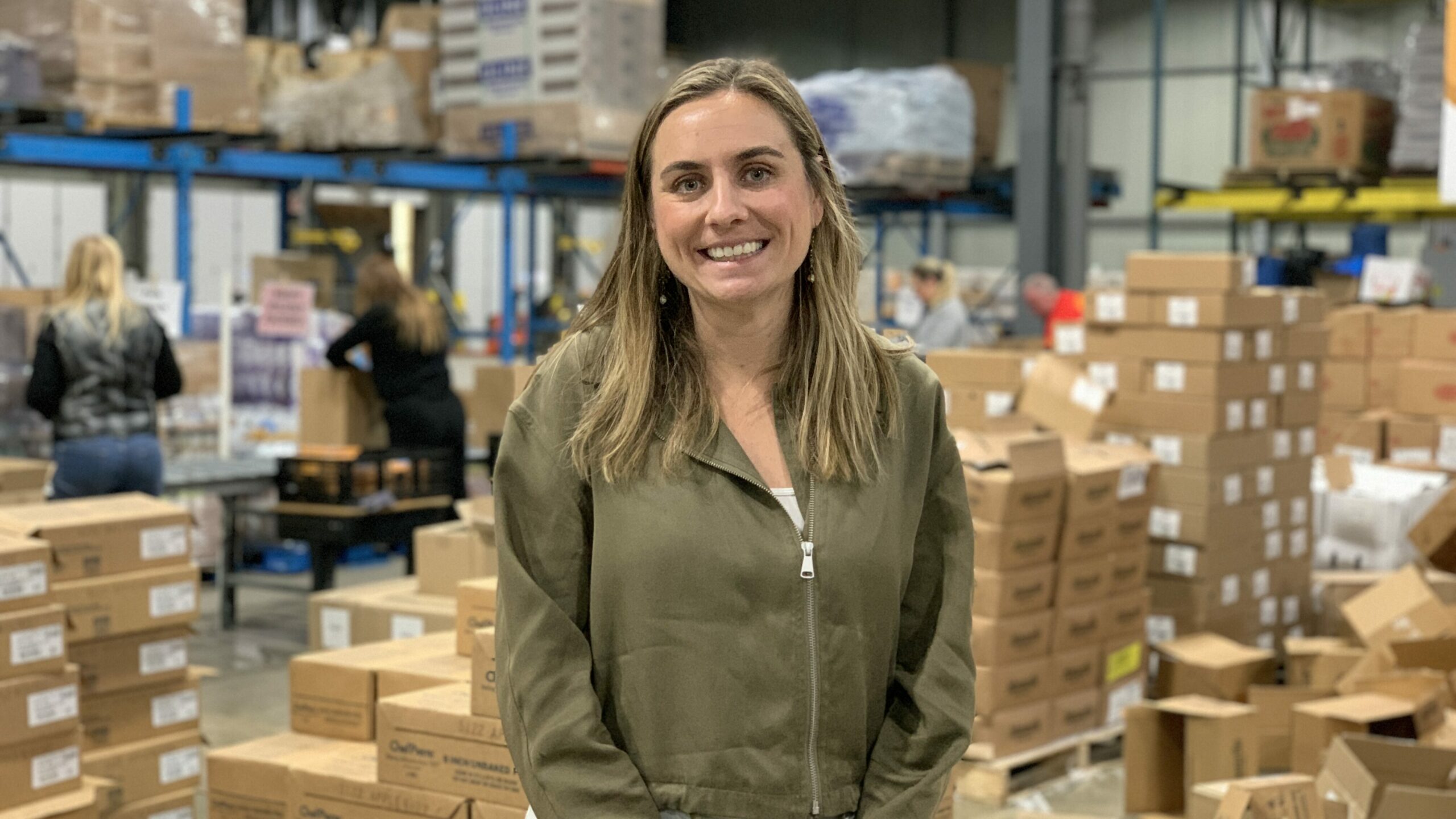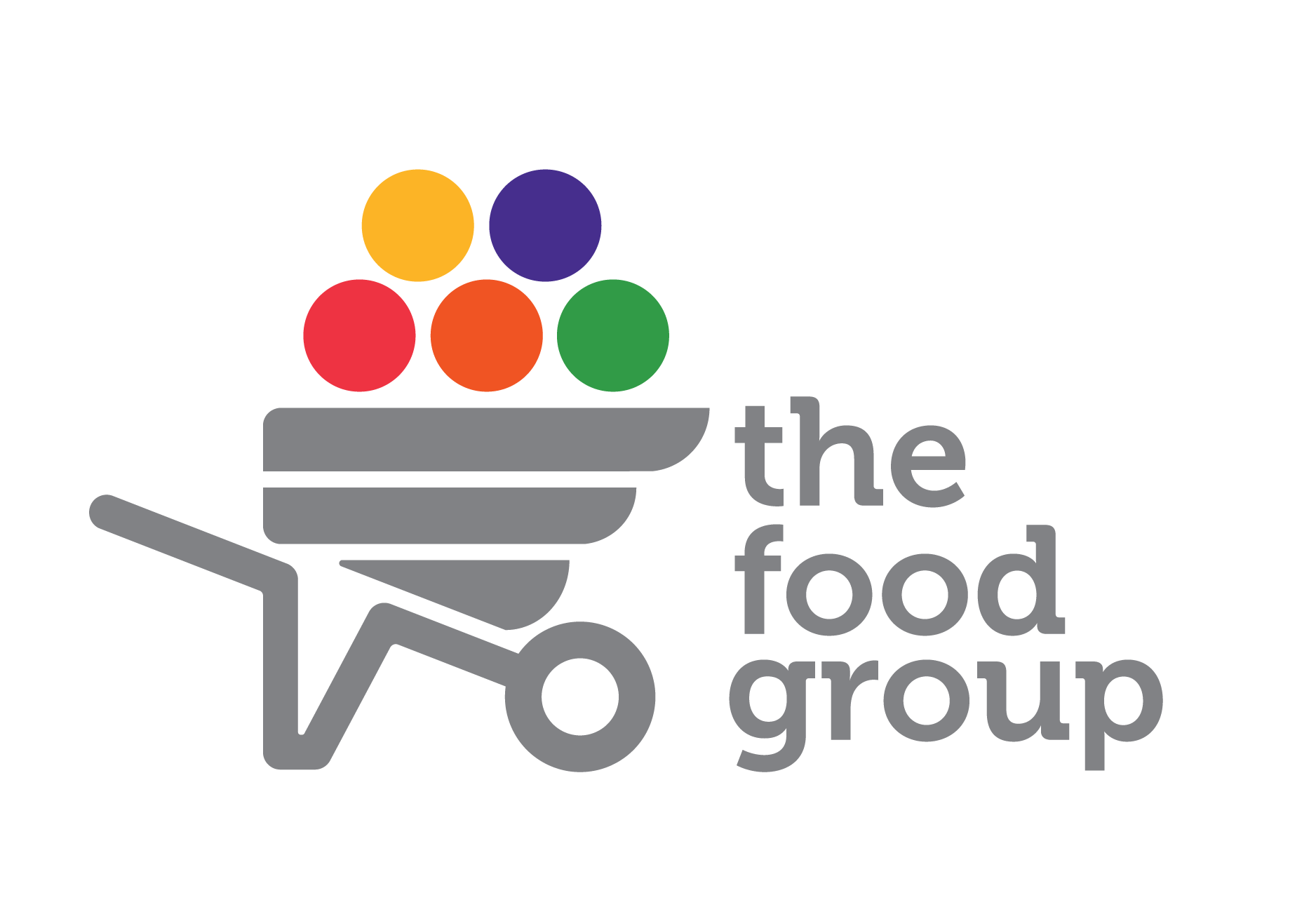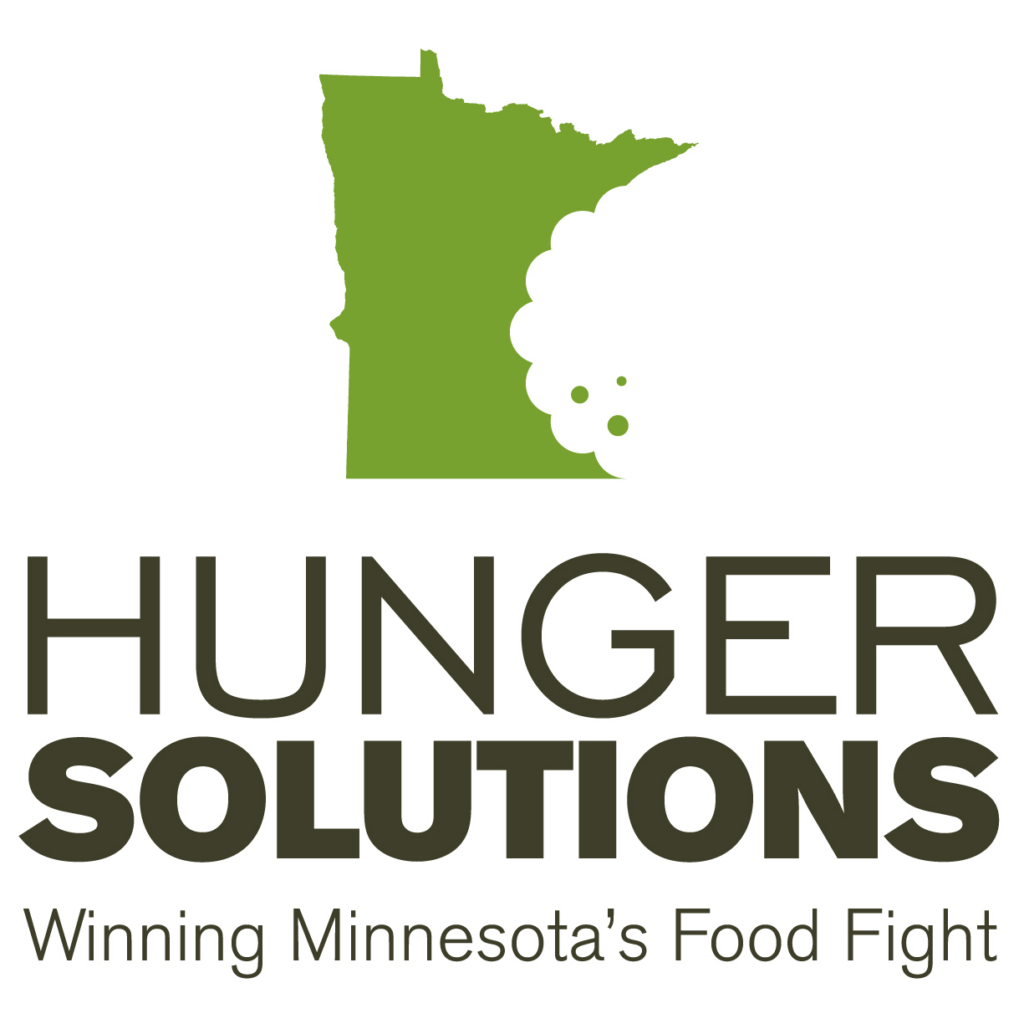by Sophia Lenarz-Coy, executive director at The Food Group

Packing turkey dinners for families in need is as much of a Thanksgiving tradition as sharing a feast with family and friends. It’s an important time in the hunger relief space, kicking off the season of giving.
On the surface, that’s what Thanksgiving has become. A time to come together, give thanks and express gratitude.
It’s the part of Thanksgiving we all like to celebrate, and we should. But Thanksgiving has a more complicated history than that and it’s time all hunger relief organizations, donors and funders recognize just HOW complicated that history is in order to truly achieve food equity.
Many of us have been taught that the first Thanksgiving feast was shared between Native Americans and pilgrims but there’s so much more to the story that was erased from history. By denying that history, we miss an opportunity to understand how it forever changed our food system and created many of the hunger challenges our Native communities face today-the very challenges we are trying to solve.
Before the Europeans arrived and before the first Thanksgiving, Native Americans lived off the land, surviving on fresh staples like wheat, corn, wild game, and fish. The food system was an equitable one, plant-based and seasonal. Nothing went to waste and the earth was treated with the respect it deserved. Native Americans were mindful of what they took from the land and what they gave back. Their food traditions were passed down from generation to generation.
When the Europeans arrived – everything changed. Native people were killed and forced off their land, their equitable food system was destroyed, their livelihoods stolen. As they were forced onto reservations, they were given government food rations that proved to be even more destructive. Those federal hunger relief programs introduced new, overly processed food, unfamiliar to Native communities. As a result, rates of obesity and diabetes skyrocketed. Food disparities that still exist today.
At The Food Group, recognizing this complicated history has helped us reflect on our role in creating a more just and equitable food system. Each day, we are working with intention to better understand the lasting impact of colonization and partnering with community leaders to find culturally-rooted solutions. We’re starting to invest in Native-led food sovereignty efforts and sourcing more Indigenous food from Indigenous producers. This is just the beginning of how we are rethinking Thanksgiving.
This season of giving, I’m asking other hunger relief organizations to do the same.
To fix food inequity, we have to understand why food disparities exist in the first place. Tracing it back to that first Thanksgiving meal and learning what really happened – is a good start. As we rethink the holiday, please understand who the land belonged to before colonization, and find ways to support Native-run organizations.



You must be logged in to post a comment.